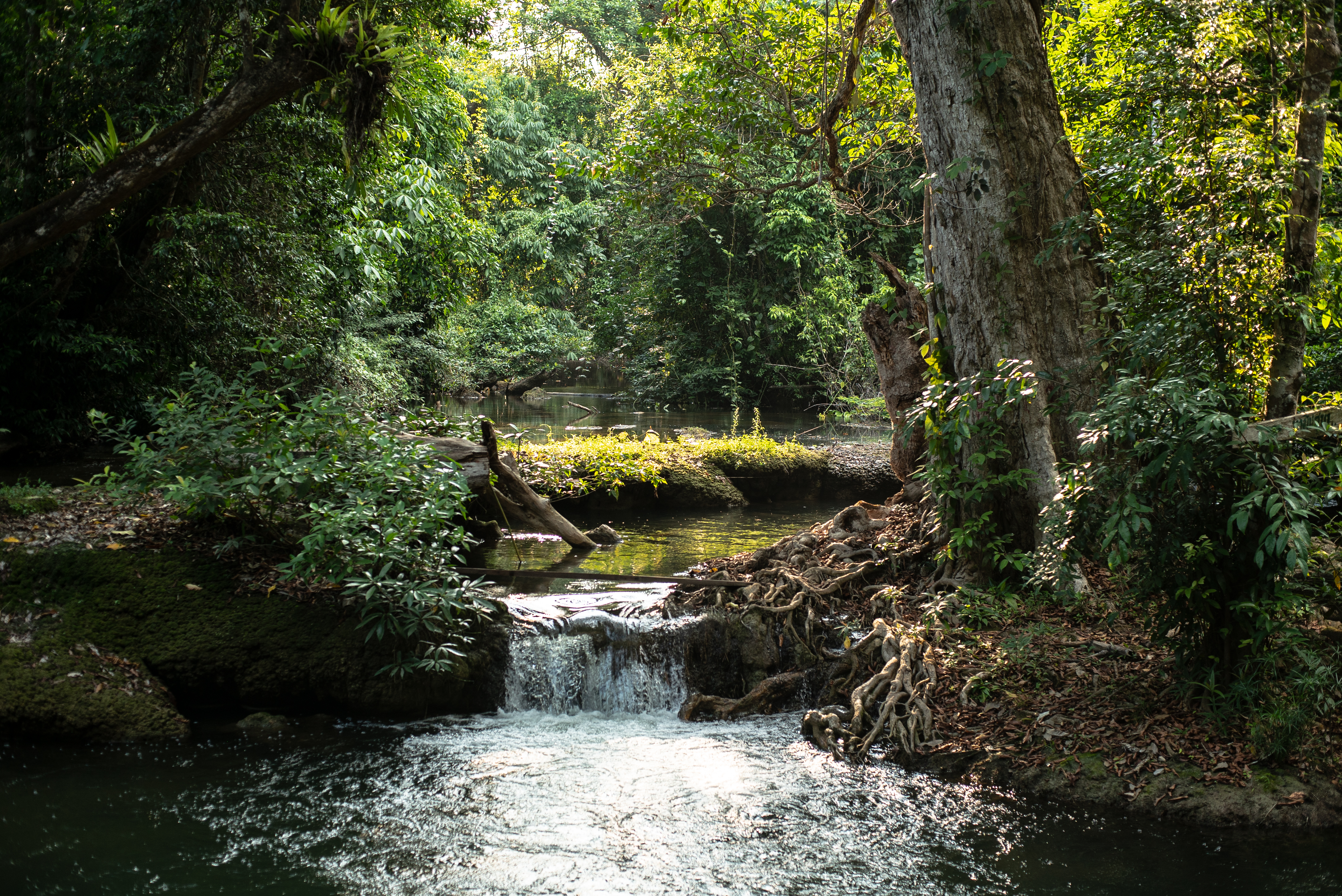This article was published more than 5 years ago.
When Karen people living in a rural village in Thailand began falling ill, they were devastated to discover the creek that sustained their livelihood was actually poisoning them. Nearly four decades later, the villagers have secured a landmark case against the company polluting their water.
In this victory and their ongoing struggle to ensure remedy for the harm, the villagers have been supported by EnLAW, a Fund for Global Human Rights grantee dedicated to the pursuit of environmental justice and sustainable practices that benefit the people of Thailand.
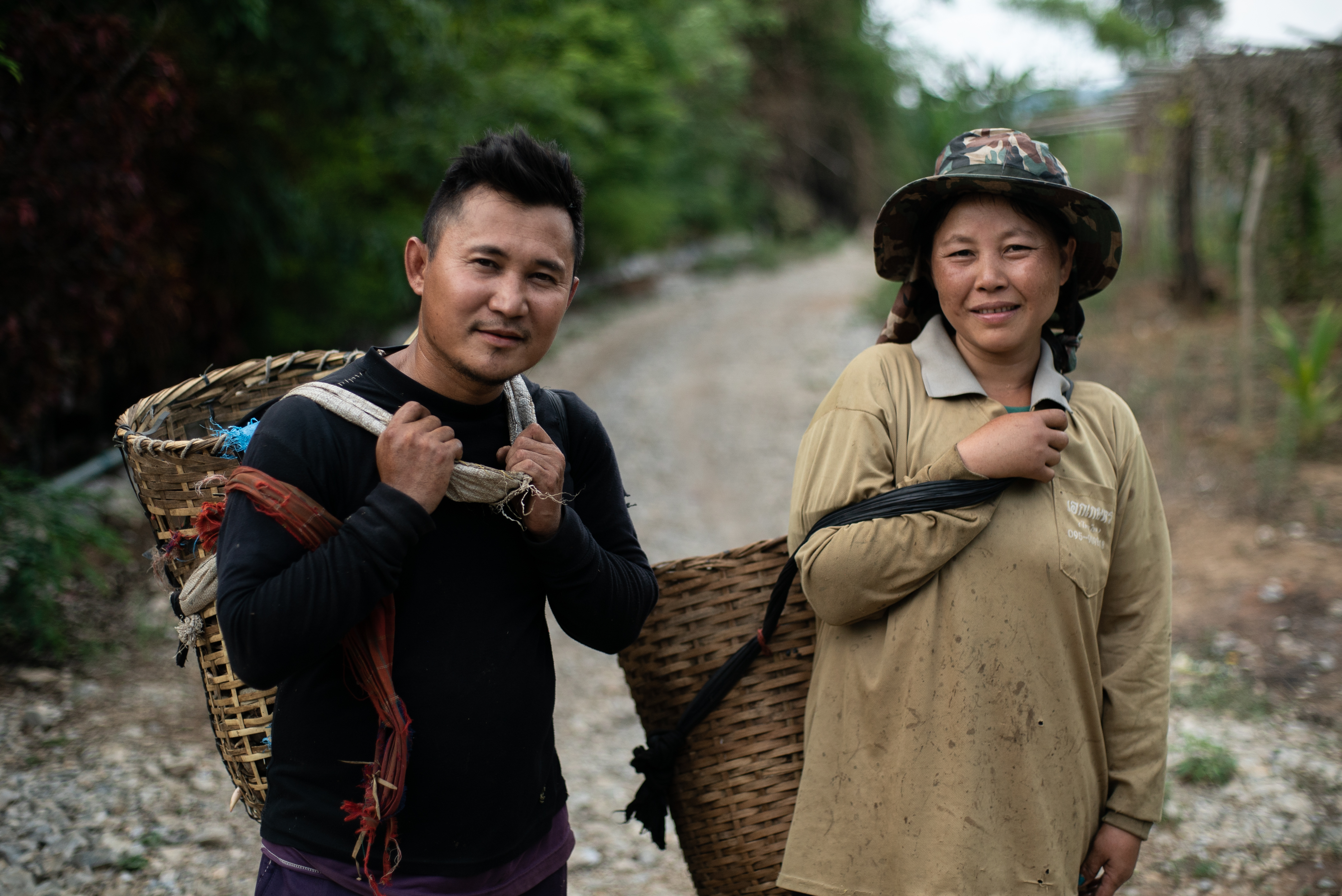
Starting in the 1960s, an ore-processing facility operated less than 8 miles from Lower Klity Creek in Kanchanaburi, western Thailand. For decades, several hundred Karen villagers (an ethnic minority indigenous to Myanmar and Thailand) living nearby have depended upon the creek as the only source of water for drinking, cooking, and farming. Without their knowledge, the company had released toxic lead into the creek, contaminating the fish they caught, the soil where they grew their crops, and the water for their daily drinking, washing, and farming.
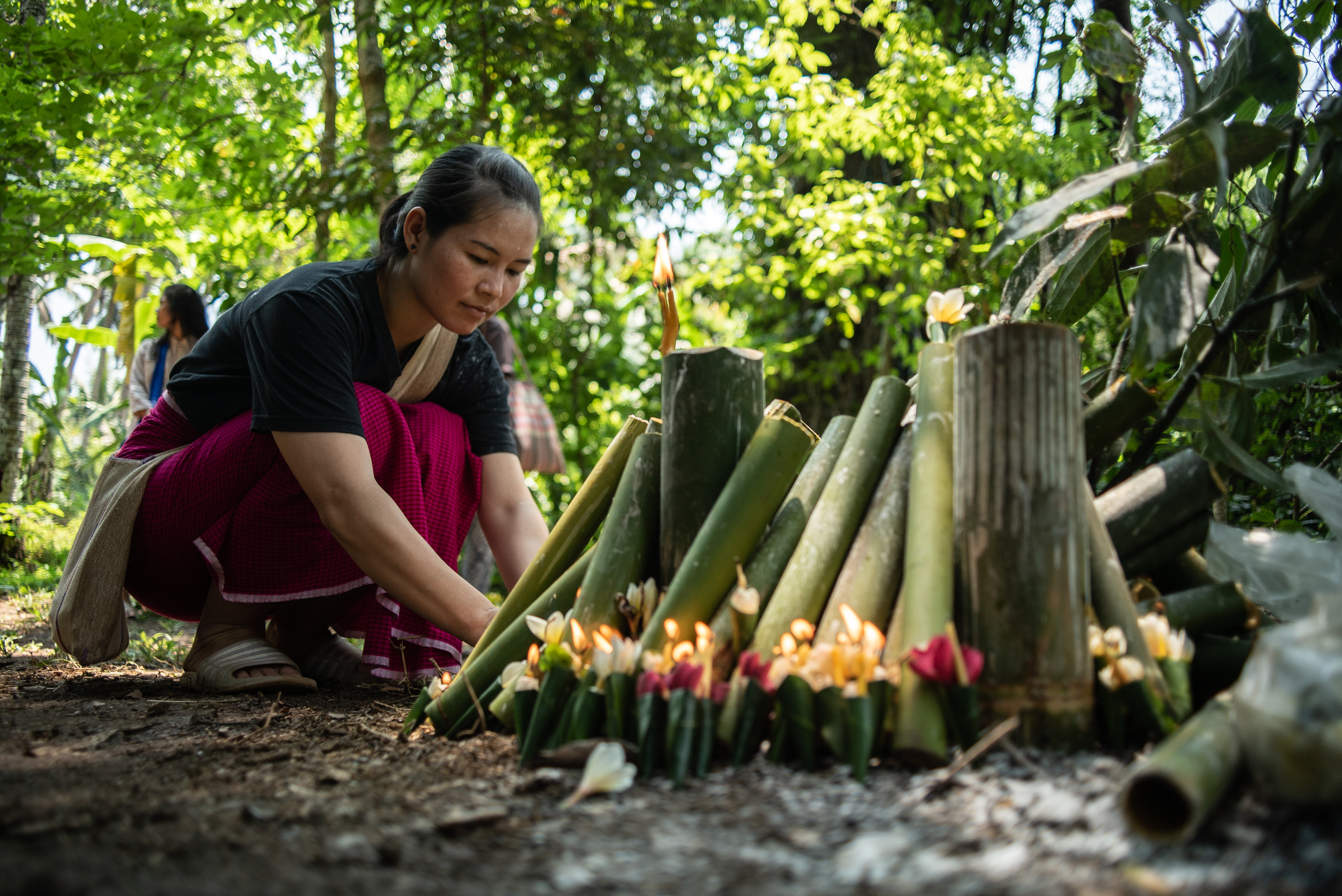
Beginning the 1970s, residents started to experience symptoms of chronic lead poisoning, such as dizziness, abdominal pain, and even blindness. Children began developing severe developmental disabilities and families reported an increase in miscarriages. In the mid-70s, they started to see changes in the water’s color and large numbers of dead fish.
Unable to fish or raise vegetables safely, the previously self-sufficient villagers needed to travel and pay for food for their families. Local health care options were limited, forcing people with more serious illnesses to travel nearly 50 miles to the nearest hospital or 200 miles to Bangkok.
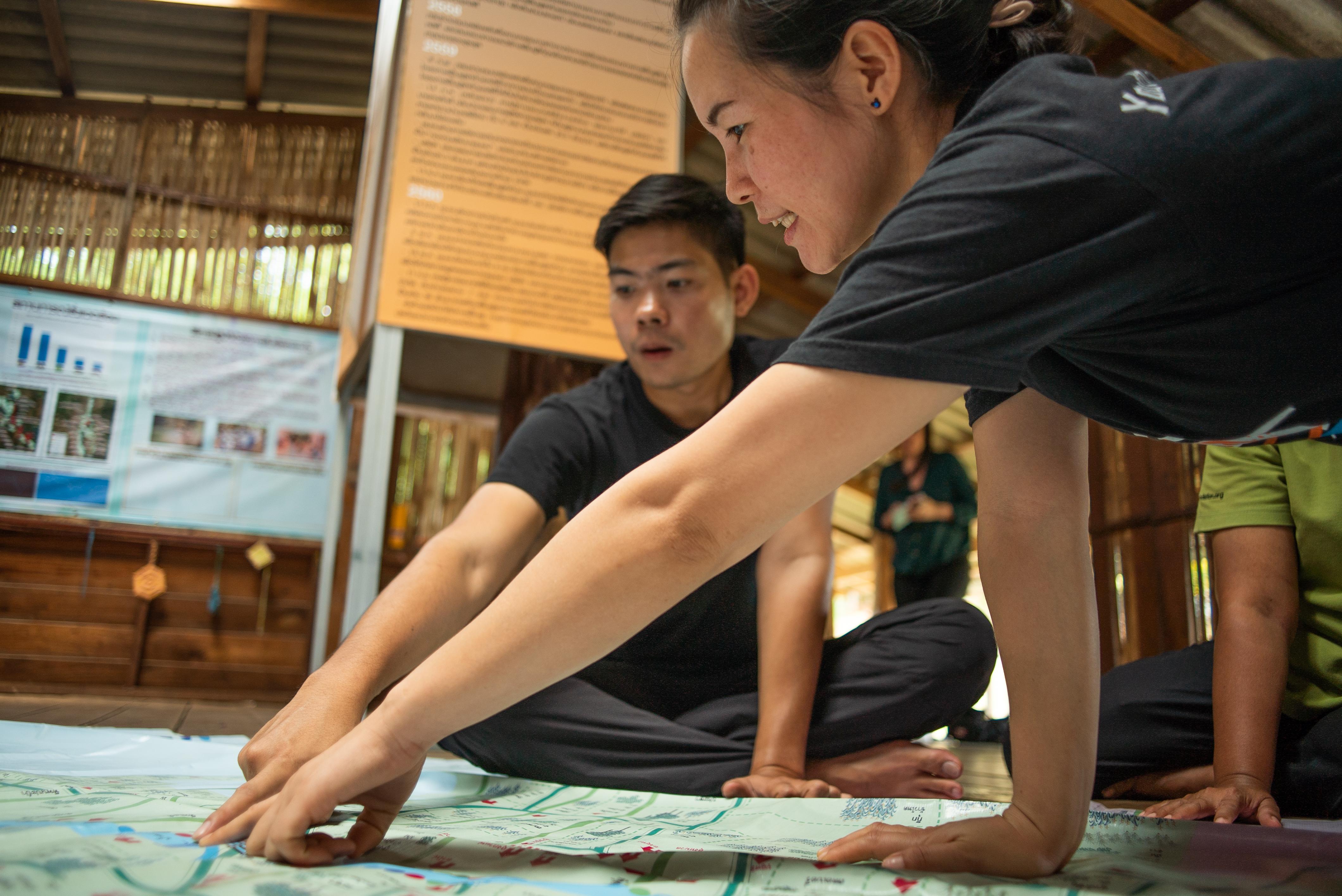
The villagers connected with EnLAW, which provided free legal aid to the community and coordinated independent tests of local residents’ blood, agriculture, and the water itself. All of these indicators showed unsafe lead levels. With this evidence EnLAW doggedly propelled the case forward.
The Fund’s financial support has enabled EnLAW to take on Klity Creek and similar cases pro-bono for a decade. This has included legal counseling and representation, along with monitoring progress of environmental restorations and training community leaders on filing legal complaints against damaging development projects.
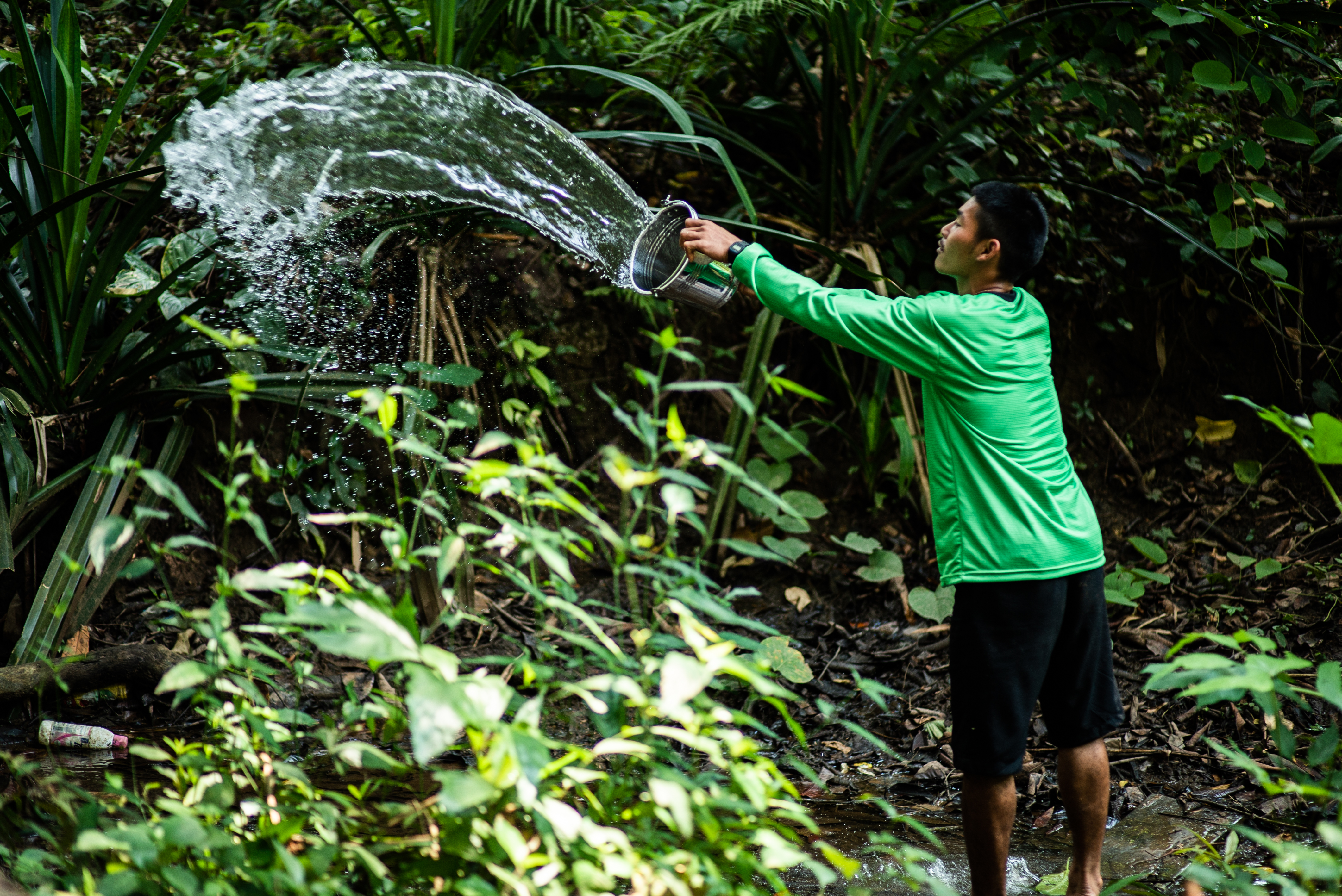
The villagers, with support from EnLAW and other legal rights groups, filed—and won—a total of three cases, two civil and one administrative, to hold the company and state authority accountable. The rulings included compensation of $1.7 million for 159 villagers and restoration of Klity Creek until the water is safe to drink once more. Currently, the restoration is in process, with close monitoring by the community and EnLAW.
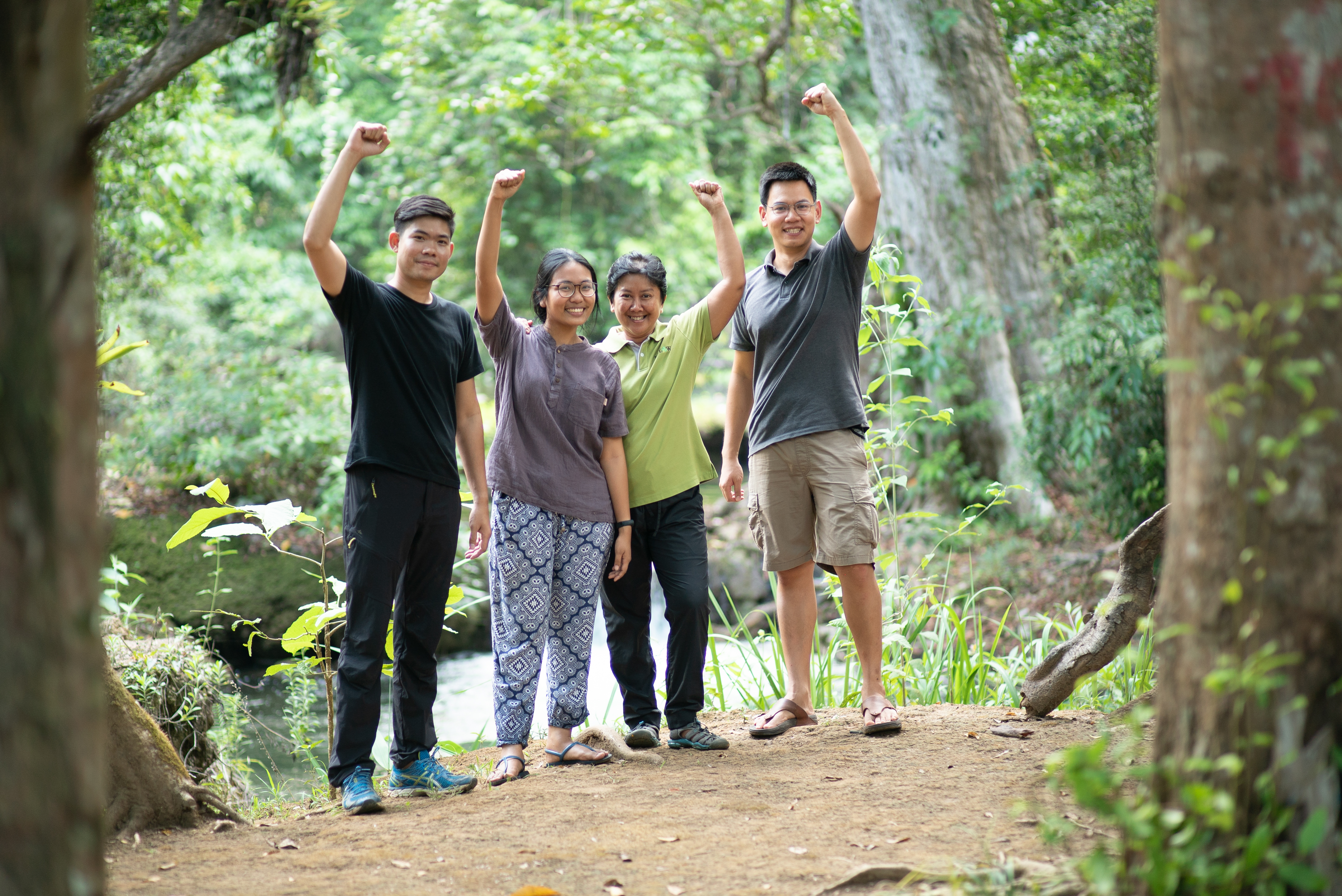
With the backing of the Fund, the people of Lower Klity Creek and EnLAW continue to push for justice—restoration of a clean environment for the villagers and the enaction of policies to protect the health of people throughout Thailand. EnLAW travels monthly to the remote village to update residents and collaborate on next steps.
“The activists at EnLaw are in it for the long haul,” says Fund’s Director of Regional Programs, Marianne Mollmann. “Because they haven’t given up, local villagers still have hope that they will have clean water and a healthy environment.”
